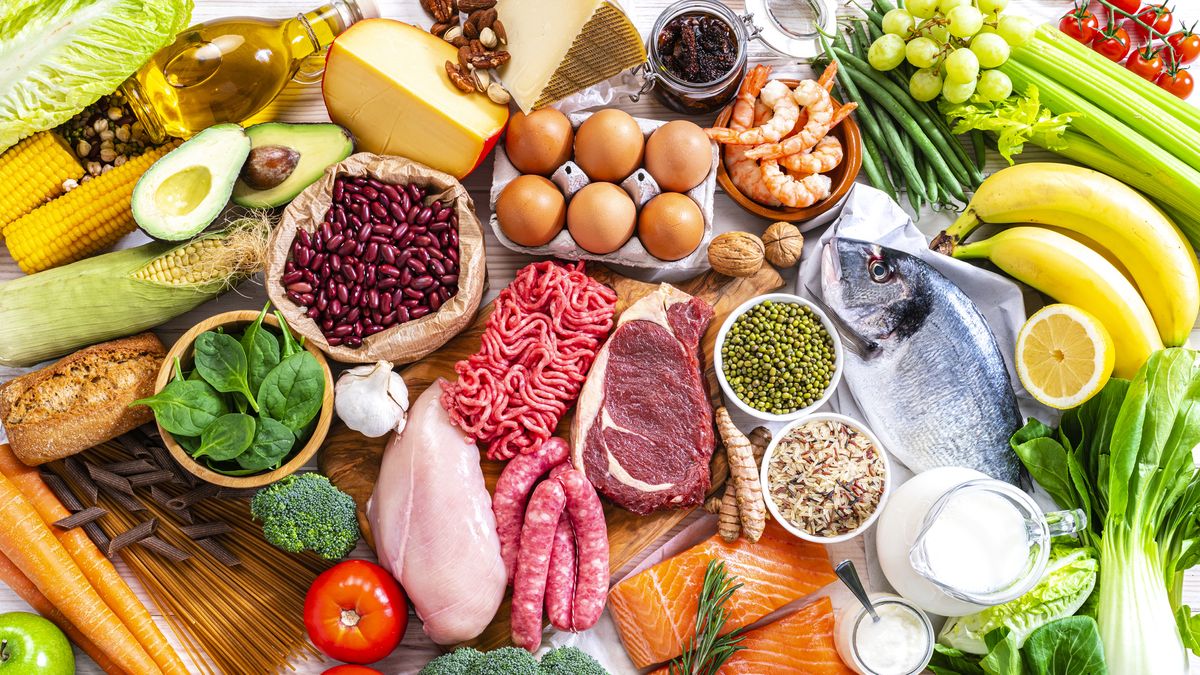Maintaining a healthy diet is crucial for the reproductive development of both men and women during pregnancy, as highlighted in a recent UK study. While many factors contribute to this, iodine is often overlooked, despite its critical role in preventing complications related to the mother’s thyroid.

The study emphasizes the importance of consuming 400 grams of folic acid daily. Folic acid intake helps prevent complications in the formation of the fetus’s spinal cord and increases the likelihood of successful pregnancies. Green vegetables are a good source of folic acid.
Protein also plays a crucial role in enhancing egg quality. Foods such as fish, meat, eggs, and milk should be prioritized, along with items like khichuri, bean sprouts, and pulses. Including iron-rich foods in the diet is essential, especially given the prevalence of anemia in many mothers. Iron deficiency can lead to anemia, which is detrimental as the fetus’s body is formed from blood. Almonds can be a beneficial addition to combat anemia.
Ensuring an adequate intake of vitamin C is crucial. Foods rich in vitamin B12, such as liver and seafood, should be incorporated into the diet. Opting for red rice and bread made from red flour is recommended, along with increasing vegetable consumption to help control blood glucose levels. Additionally, a daily intake of at least ten micrograms of vitamin D is essential.
For men looking to maintain good sperm health, incorporating foods rich in vitamin E is vital. Green vegetables are particularly beneficial in this regard. Regular protein intake is also advised. Consulting with a specialist doctor can provide personalized guidance for those seeking more detailed information on these dietary recommendations.
Leave a Reply